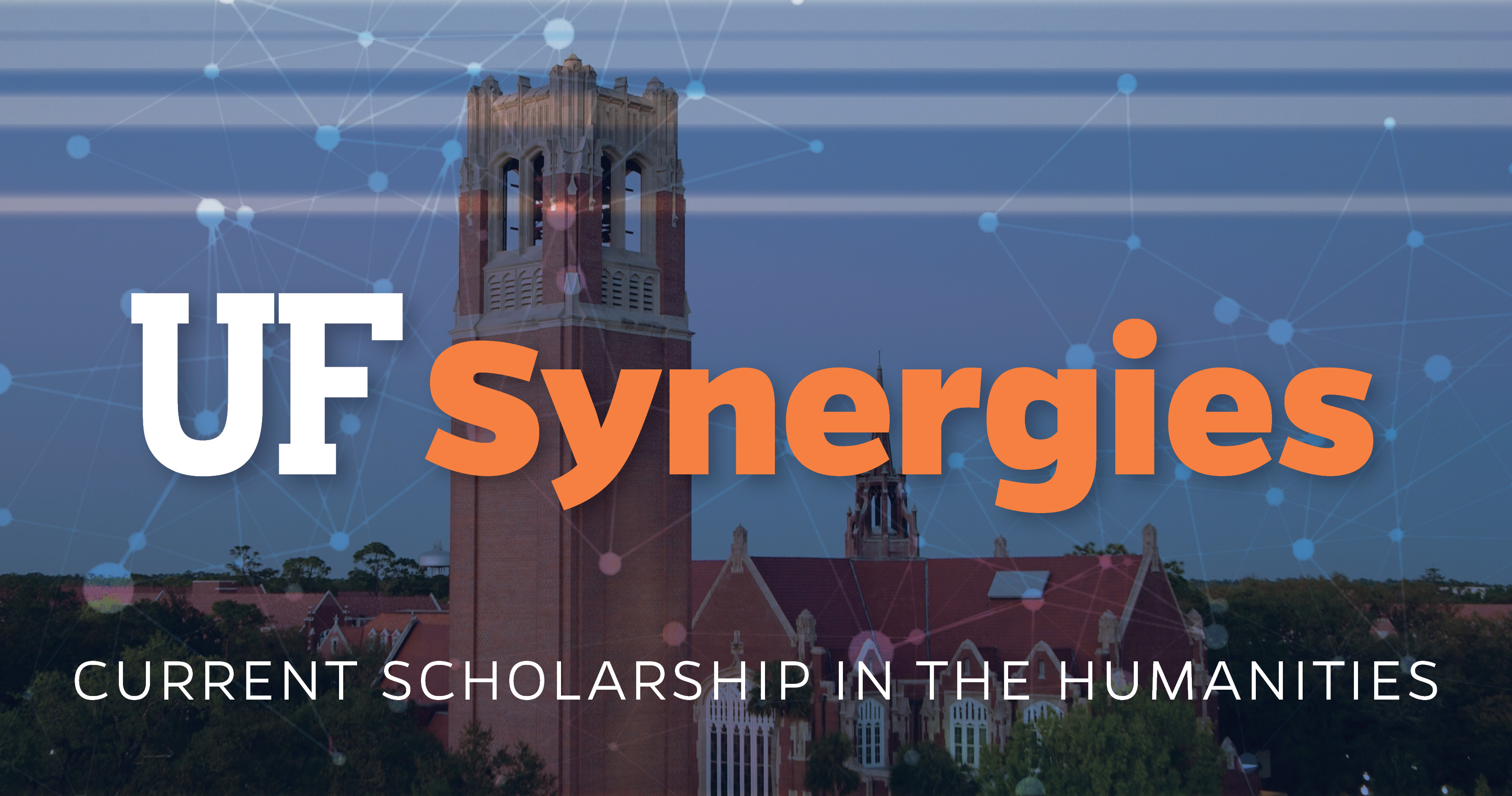
- This event has passed.
UF Synergies: Literature and Music of the East
October 5, 2021 @ 4:00 pm

Please register for the event through the Zoom link: https://ufl.zoom.us/meeting/register/tJEkdO6tqT4tEtLOCl5jyvWUSdvPnycT28oT
Ingrid Kleespies (Languages, Literatures, and Cultures) – “The Necessary man: Petr Chaadaev and the Invention of Russian Literature”
This study considers the role of the Russia’s “first philosopher,” Petr Chaadaev (1794-1856), in shaping Russian literature in the nineteenth century and beyond. Chaadaev was a controversial figure in his lifetime because he embodied some of the “hottest” political and social flash points of the day: critique of autocracy; fame/notoriety; media representation. His figure remains seminal because it speaks to an ongoing debate about the nature of action in the Russian context. Did the rebellious Chaadaev succeed in carrying out genuine acts of political resistance, despite the restrictive authoritarian society in which he lived? Or was his behavior a series of empty gestures indicative of a failure or inability to act? That these are urgent questions in Russian society is clear from the unusual degree of literary attention paid to Chaadaev; his persona lies behind several of the most well-known protagonists in Russian literature. The number and complexity of Chaadaev’s literary avatars mean that canonical Russian literature is not conceivable without his presence. At the same time, Chaadaev’s biography is itself incomprehensible without an understanding of the literary forces that shaped his behavior; thus, his figure offers a fascinating case study of the relationship between the self and artistic representation.
Emily Theobald (Ph.D. Candidate, Music) – “National and Transnational Politics in Post-1945 Polish Music”
In my dissertation, “National and Transnational Politics in Post-1945 Polish Music,” I examine the movement of music with political connections between Poland and the United States, both nationally and internationally, and in both government-sponsored and localized contexts. My process is twofold: I analyze the musical materials and language of Krzysztof Penderecki, Poland’s most celebrated postwar composer, as a representation of and response to Poland’s 20th-century history (Part I). Turning to the international stage, I consider the exchange of music between arts organizations and universities in the United States and musicians in Poland, particularly at Polish Radio Experimental Studio (PRES), as a tool for forging artistic relationships during the Cold War (Part II). This music reached as far as Illinois, New York, and Pennsylvania during the 1960s-1980s. In this presentation, I examine the contents of a number of reel-to-reel tapes exchanged between PRES and the Experimental Music Studio at the University of Illinois Urbana-Champaign, arguing that the study and performance of this music by students and faculty members in Illinois inspired an ongoing collaboration between the two centers.